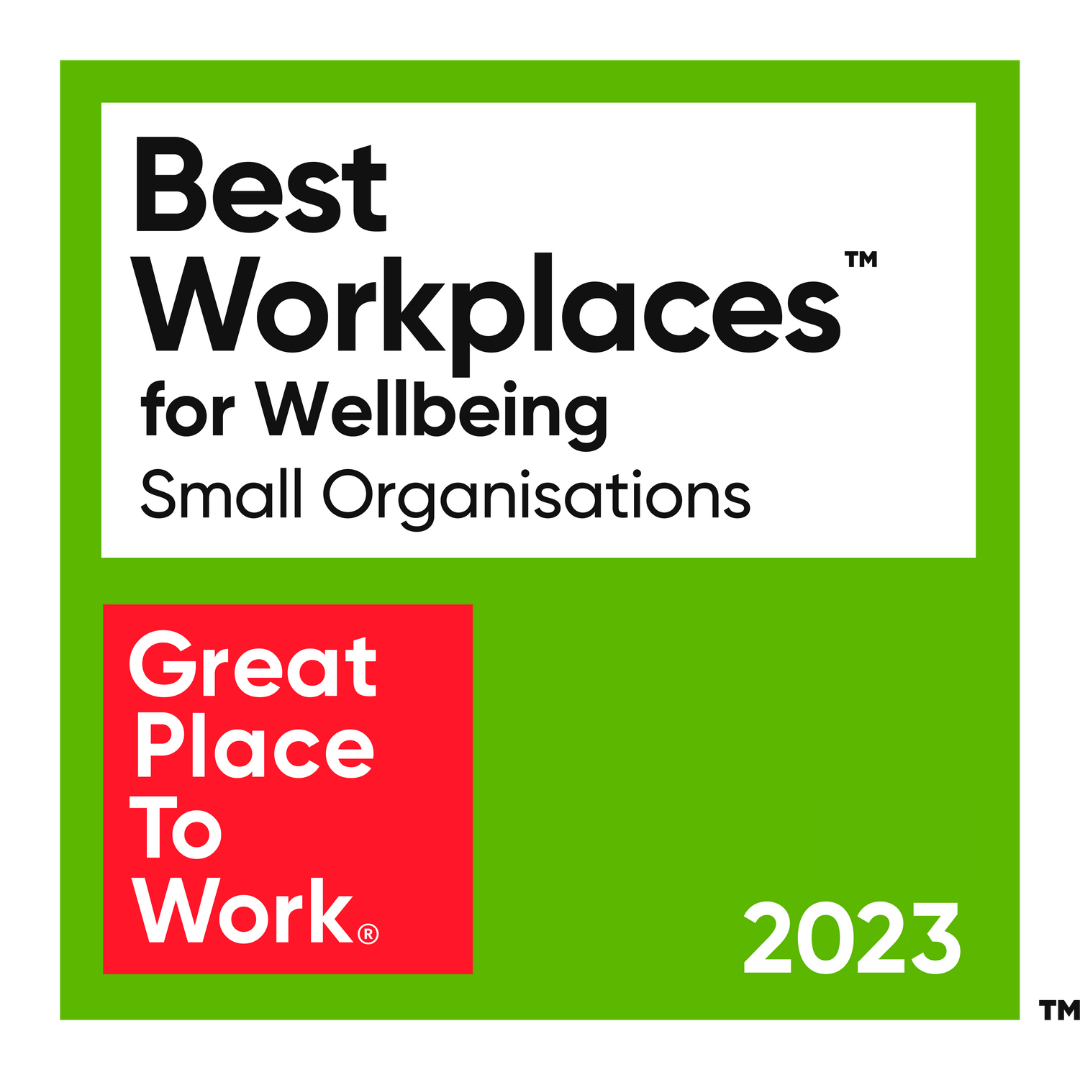Brands Deserve Better Media
A weekly column from @tomjdenford
With recent criticisms of the agency pitch process, sometimes it's good to see it work well.
Creative agency pitches are broken and media agency pitches are too complex; those are the recent negative headlines.
Amidst the challenging landscape, there emerges a positive story of Constellation Brands International, the renown advertiser behind iconic US brands like Corona, Modello and a range of top notch wines. After their considered search, conducted by my team at ID Comms, Constellation Brands has appointed IPG's Initiative as their media agency. It is a rare positive pitch story in a rather bleak environment for pitches.
Pitch With Purpose
In the first half of 2023 the agency pitch market has slowed a little (albeit from a rather frenetic back end of 2022). In the context of some economic uncertainty, fewer corporate mergers and acquisitions and, I hope, a growing preference among advertisers for better, longer-lasting agency partnerships, we expect the number of agency pitches to slowly decline from the 'Pitchpalooza' highs of 2015 and 2018.
In recent years, advertising trade associations including ISBA in the UK, the World Federation of Advertisers, and the Association of National Advertisers in the US have done good work to raise the bar for the industry. Additionally independent journalists and consultants have highlighted cases of poor pitches run by bad actors, especially in creative agency pitches. These efforts have all raised awareness and pushed for higher standards within the industry.
Creative Pitch Malaise
Complaints regarding creative pitches have become more common, with agencies feeling overwhelmed by the demand for a high volume of spec creative work and expressing dissatisfaction with the lack of feedback. I'm always saddened to hear this. Feedback is crucial in fostering goodwill and encouraging agencies to participate in future pitches. Without it, agencies may be discouraged from pitching altogether.
Complaints from creative agencies about poor pitches often stem from inadequate preparation, lack of alignment, and subjective decision-making, making it challenging to provide helpful feedback to the losing agencies.
As a result, there have been growing calls to "ditch the pitch" and I understand why. There is definitely room for improvement in how creative agency pitches are conducted.
Media Deserves Better Pitches
When it comes to media, pitches can be more complex due to the large amounts of pass-through monies involved. The media agency needs to show they have the systems and expertise to manage hundreds of millions of dollars of media buying at competitive rates, with good governance and transparency.
Sidebar: In 2019, ID Comms conducted a thorough research study in the US market, in collaboration with the leading agency trade association the 4As and found many of the same challenges from agencies. These insights were published and presented with the 4As and lead to some significant changes to the best-practice pitch process, which still stand today.
The Best Brands Deserve the Best Agencies
At ID Comms we have redesigned the agency pitch to be more streamlined, more focused on the work required and cut the timelines in half while increasing the face-to-face time between the advertiser and the agencies.
Our clients follow our proprietary agency pitch program, PITCHR™, which we have meticulously crafted over a decade of industry best practices and our extensive experience in designing and overseeing agency pitches. This program ensures that both advertisers and agencies are fully engaged and invested, fostering robust relationships and high-value business partnerships.
We supported Burger King on a recent creative agency search and one of the agencies stated publicly, "I wish all creative pitches were run like this" - and they weren't even the winners.
Amongst the serious financial due diligence demanded in a media pitch, marketers still want to work with a media agency that they trust, with people they like and a culture and value-set that matches their own.
Recipe for Success - 3 Ingredients
We encourage brands pitching media should focus on what we call the 3Cs: Capabilities, Commercial Terms, and Cultural Fit. These three ingredients serve as the foundation for designing the ideal agency partnership for the next 3-5 years or beyond:
-
Capabilities: Determine the specific work, skills, processes, and technology required from the ideal media agency. Consider their expertise, creativity, and technological prowess to ensure they can meet your brand's unique needs.
-
Commercial Terms: Define the commercial focus of media planning and buying, including agency fees. Consider budgeting limitations, payment terms, and other corporate realities that may impact the financial aspect of your partnership.
-
Cultural Fit: Identify the culture and values that align with your brand. Assess the management style and philosophy of the agency's leadership. Determine whether you prefer a creative marketing approach or one grounded in performance ROI, or any other cultural aspects that are crucial to your brand's success.
As CMOs consider these three core ingredients, we often encourage them to apportion weighting to each. A typical starting point is 40% for Capabilities, 40% for Commercial Terms, and 20% for Cultural Fit. However, we have worked with many variations of this over the years as the pitch model is calibrated to each client's needs.
Brands deserve better partnerships. When pitches are approached with care and attention to detail, they lead to stronger, more productive, and longer-lasting collaborations.
Better partnerships help brands succeed.
When brands succeed, we all win!
Tom
This post was featured in ID Comms’ weekly column, Brands Deserve Better Media. Each week, CEO Tom Denford shares insights on media and advertising and inspires us to work together to build a better future for the industry.
Sign up here to receive the weekly column and to stay in the loop with other industry and ID Comms happenings.






COMMENTS